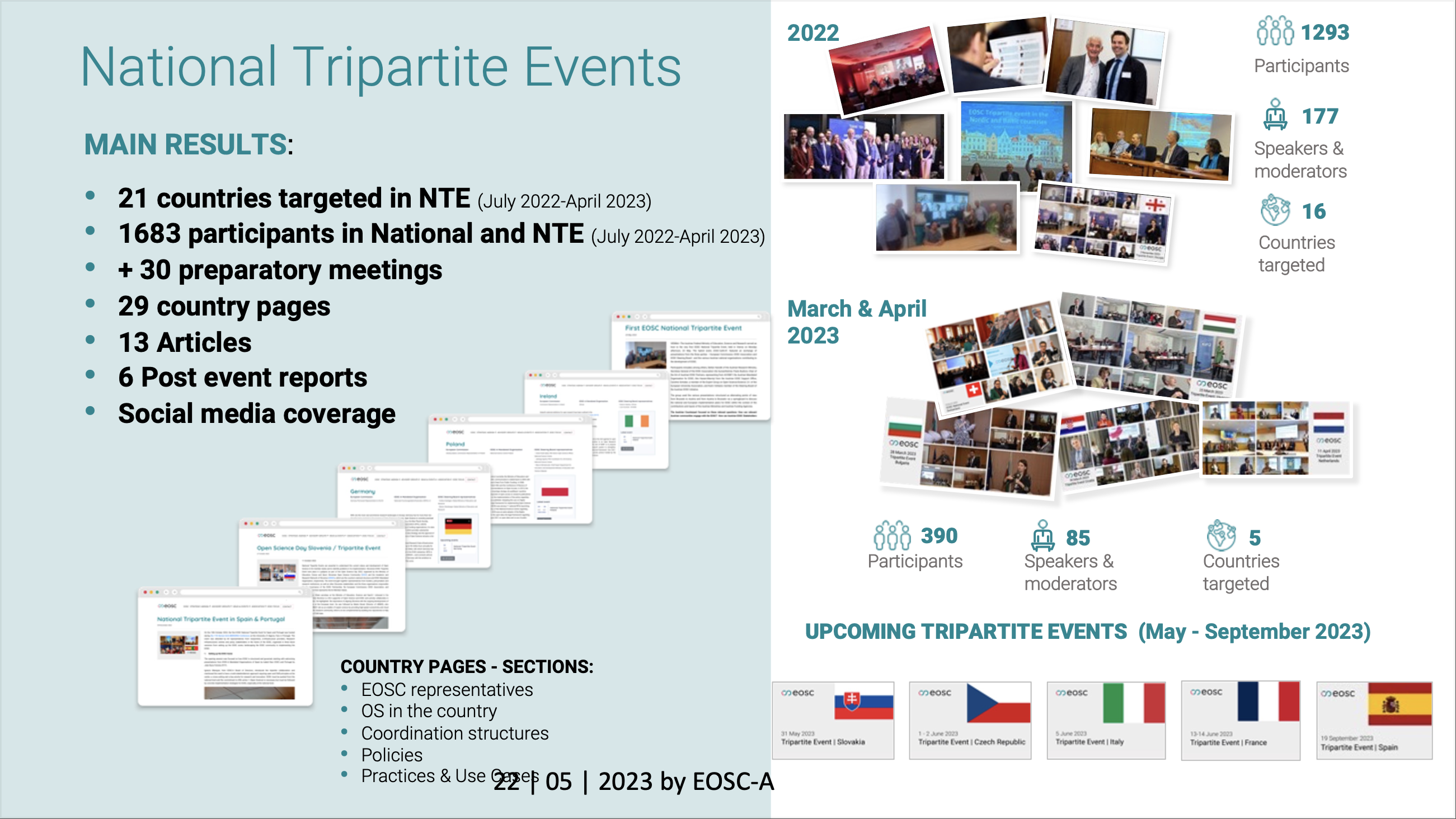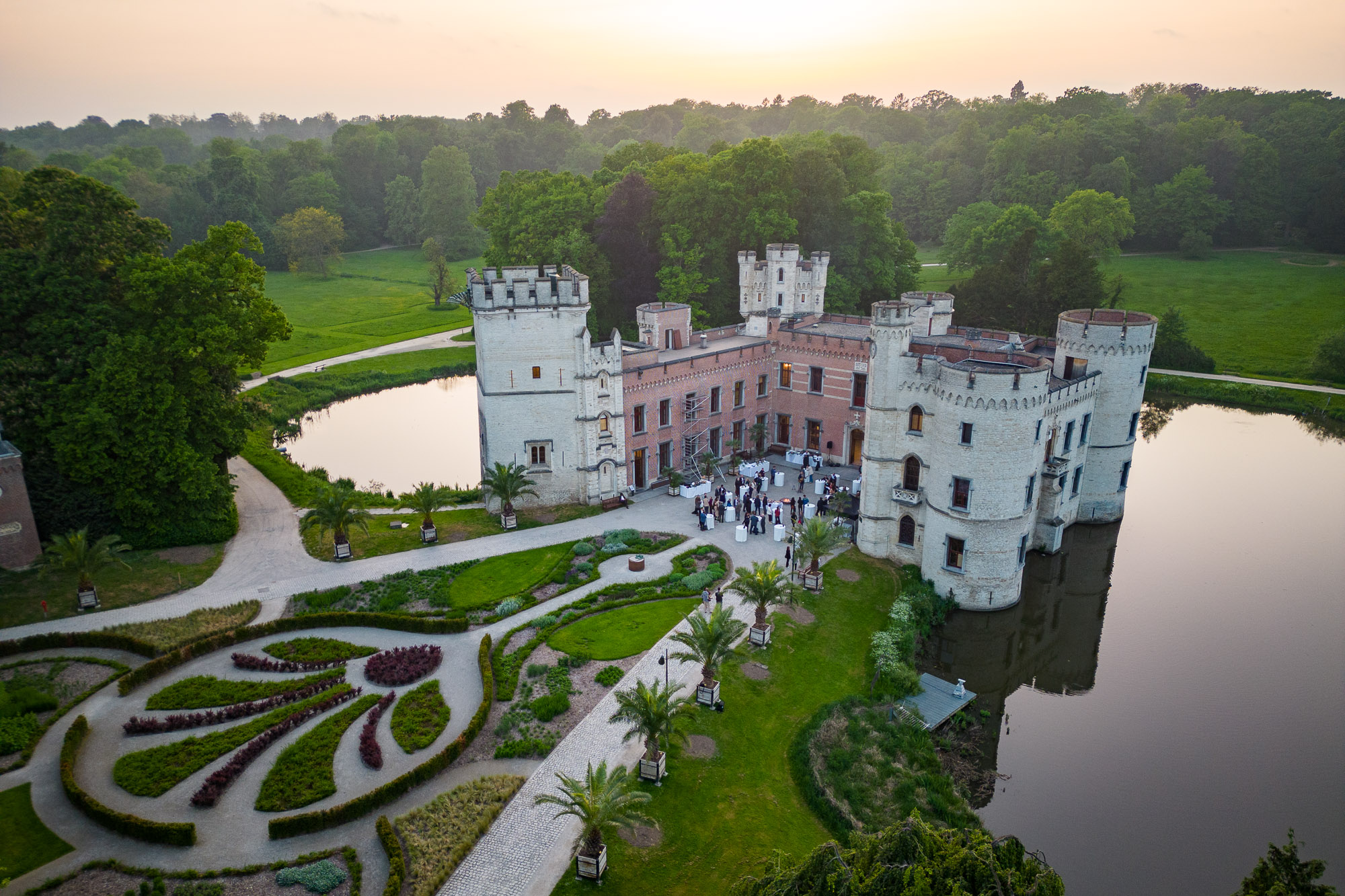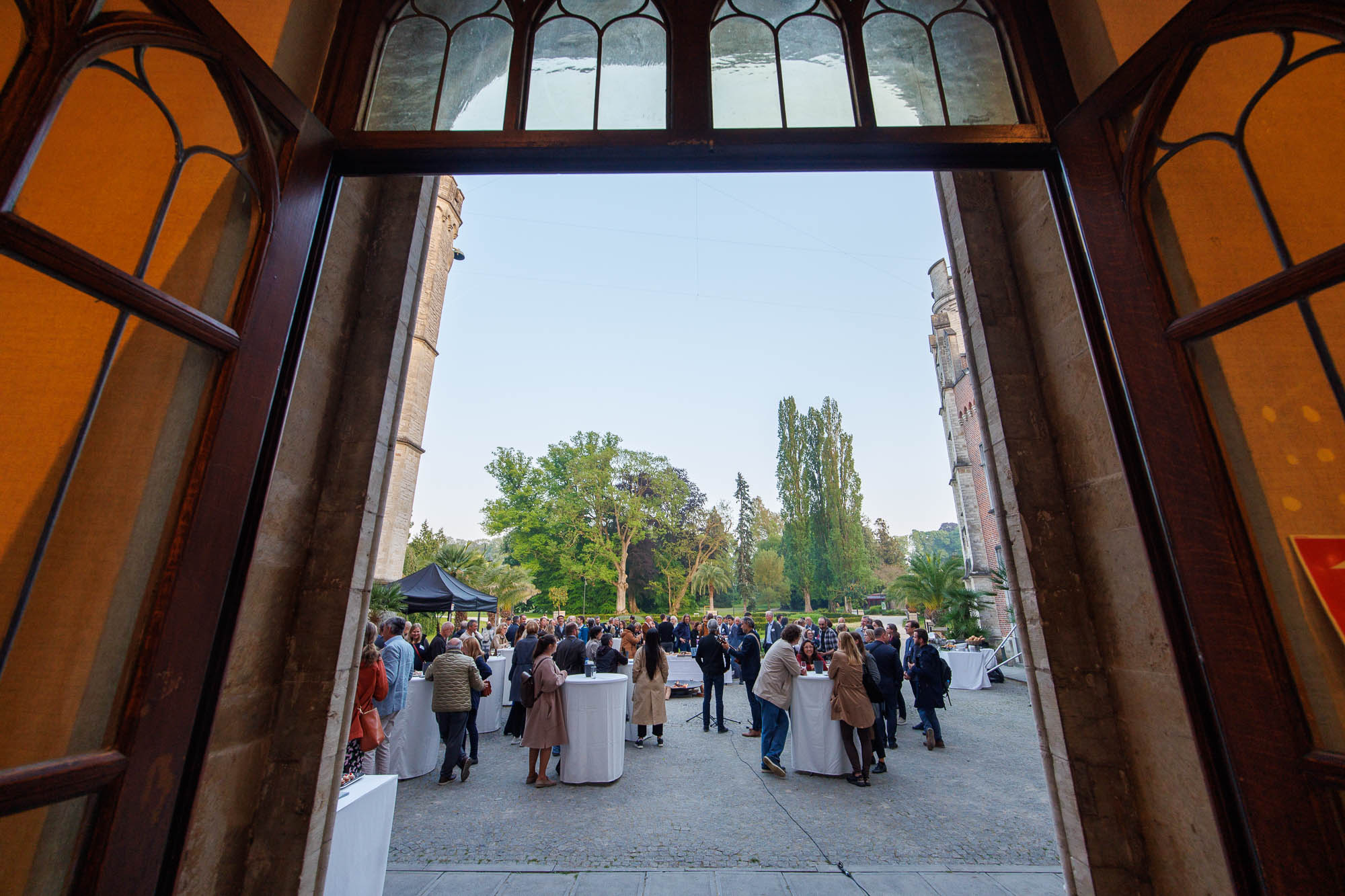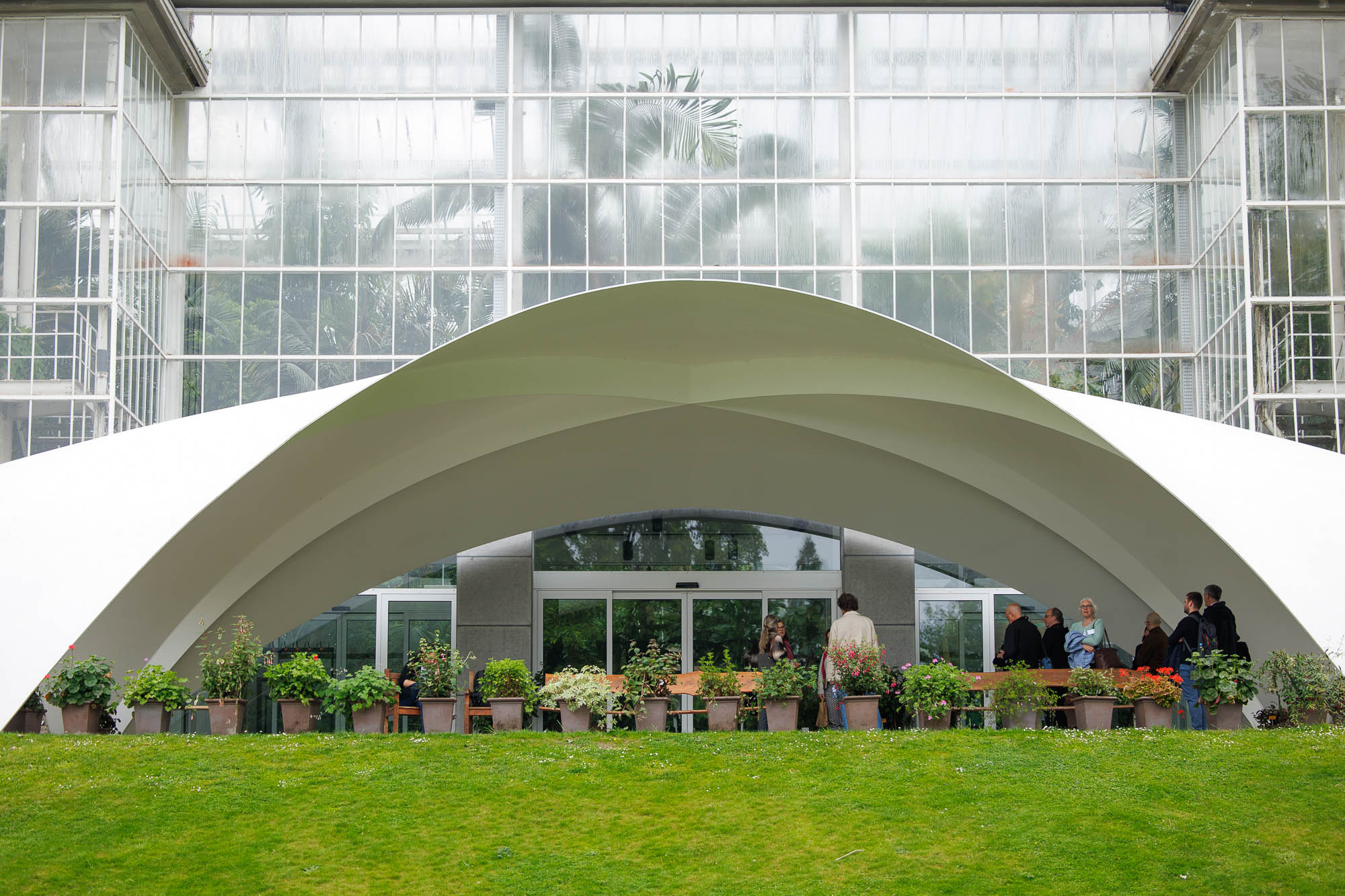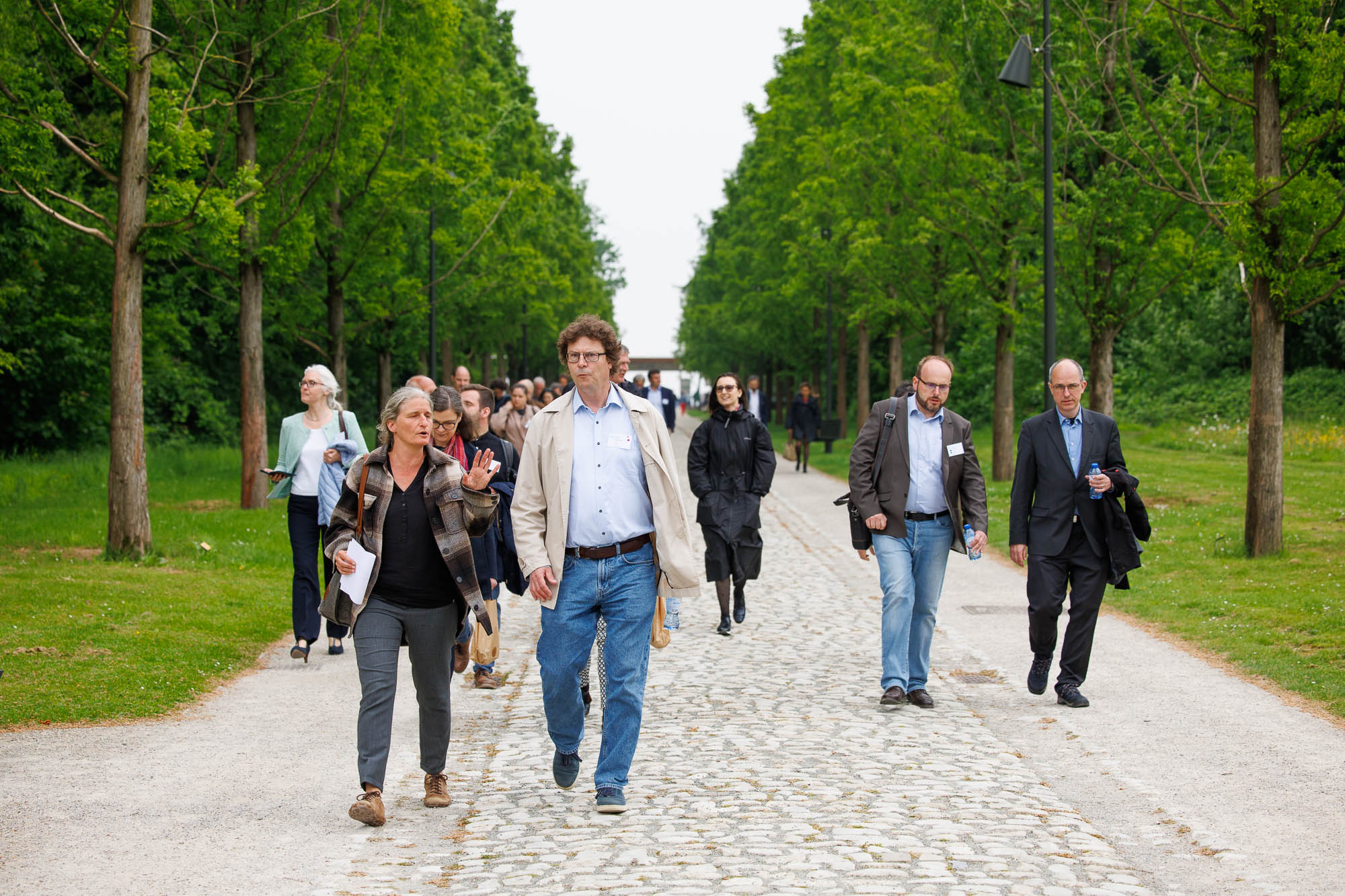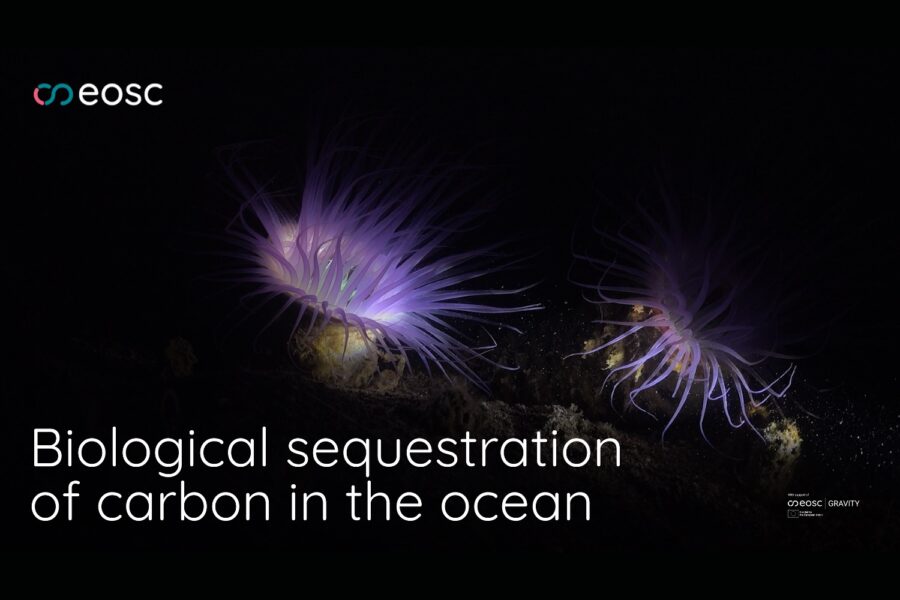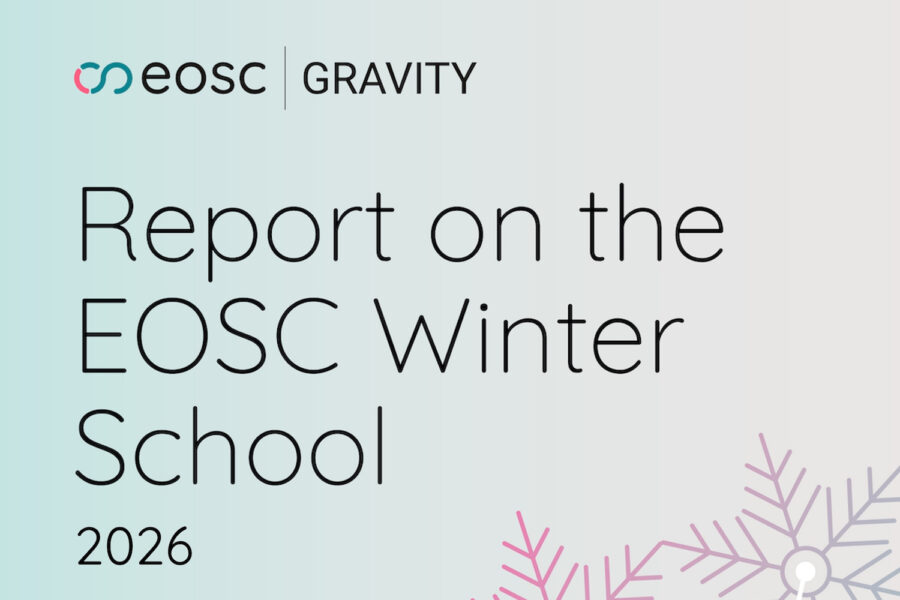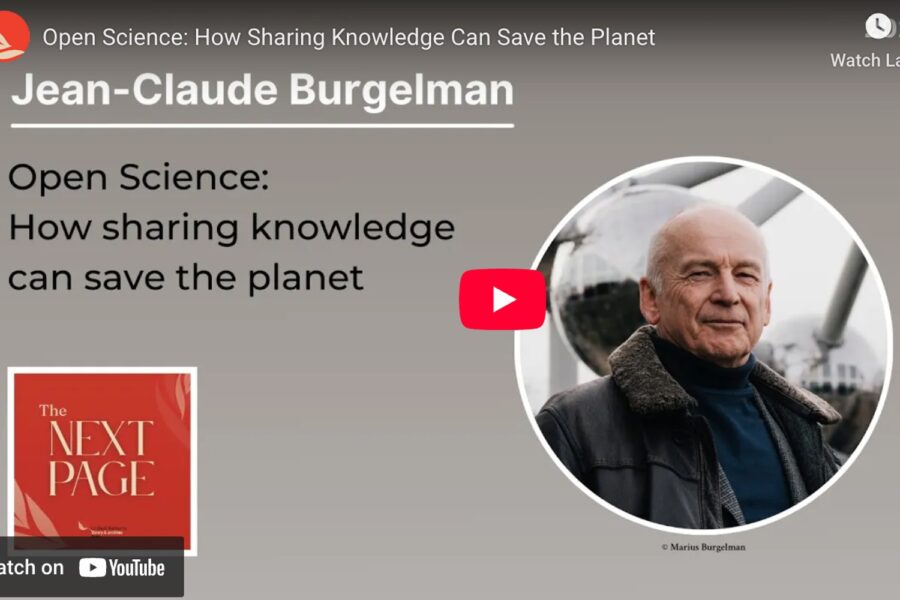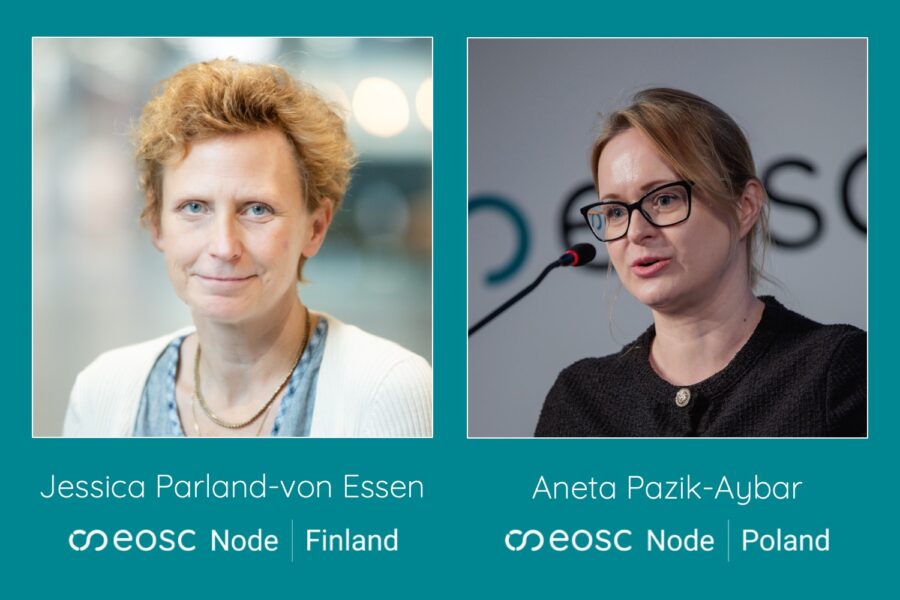BRUSSELS — The EOSC Association’s (EOSC-A) 6th General Assembly was held 22-23 May in Brussels. With a strong showing of engaged delegates representing EOSC-A’s 251 Member and Observer organisations, the two-day in-person-only meeting served as a forum for lively discussions both concerning the development of EOSC-A as an organisation and the strategy, policy and technical issues at the heart of the sprawling initiative to develop and deploy EOSC.
“This was a really successful meeting,” said EOSC President Karel Luyben. “The level of productivity and good-natured cooperation among the community makes it clear that our young Association has maintained the restless energy of a new initiative even while continuing to mature into the fully vested ‘voice of the community’. The GA served as a strong argument for the essential role the Association plays in nurturing and coordinating this broad-based ecosystem that has arisen around the implementation of EOSC.”
Day one was dedicated to updating the EOSC-A delegation on the progress of the Association itself—both in its development as an organisation under the guidance of the EOSC-A Board of Directors and Secretariat, and in its delivery against the obligations of the EU’s co-programmed Partnership for EOSC. Additionally, open votes were held to:
- Admit four new Members and four new Observers to the Association;
- to discharge the Board and auditor relative to the approval of the annual accounts for 2022;
- and to settle the question of the Association’s fee model.
The Association, the Partnership and the Project
The meeting began with a rapid-fire, tag-team update from Karel Luyben and EOSC-A Secretary General Ute Gunsenheimer on the many activities helmed by the EOSC-A Board and Secretariat since the last general assembly in late November 2022. The three areas of EOSC-A’s 2023 work plan in which substantial progress was reported included the EOSC Partnership, the Association itself, and the EOSC Focus project, which is coordinated by EOSC-A.
Some of the highlights include:
- Approval by the Partnership Board of the €384 million 2023 Additional Activities Plan (AAP), which aggregates the in-kind contributions to the EOSC Partnership by the member states and associated countries.
- The establishment and ongoing monitoring of the Monitoring Framework’s KPI baseline, against which the Partnership’s progress is being measured.
- The progress made on determining, in cooperation with the European Commission (EC) and the Member States and Associated Countries, the future of EOSC operations and evolution post-2027.
- The enormous reach of EOSC’s National Tripartite Events (see graphic), which serve to close the loop on the national level by bringing the Tripartite Collaboration—representatives from the EC, EOSC-A and the EOSC Steering Board (EOSC-SB)—into the context of each country’s commitments to and expectations from the EOSC Partnership.
- The project outputs documented in the first EOSC Focus general assembly, held in April.
- The re-allocation of resources and mandates for the EOSC-A Task Forces.
- The progress made in establishing EOSC-A’s internal policies and procedures.
Many more photos of the General Assembly can be found on our Flickr page:GA6 Day 1, 22 May 2023 |
Consultation results
Reporting on the results of three consultations within the Association followed: membership fee models, bylaws and the SRIA’s Multi-Annual Roadmap 2025-2027.
Before the afternoon’s coffee break, EOSC-A Director Klaus Tochtermann presented a summary of the fee model assessment team’s survey results. The assembly members participated in an open vote that strongly advocated the continuation of a flat fee model for the Association going forward.
Suzanne Dumouchel, EOSC-A Director, provided an update on the bylaws drafting process. She shared the current status of the bylaws and outlined the next steps in the process, ensuring transparency and inclusivity in the development of the association’s governing principles.
Karel Luyben followed with a brief presentation of the results of the Association’s consultation on the Multi-Annual Roadmap 2025-2027, and the next steps in its development, including the shaping of call topics for the next Horizon Europe Work Programme.
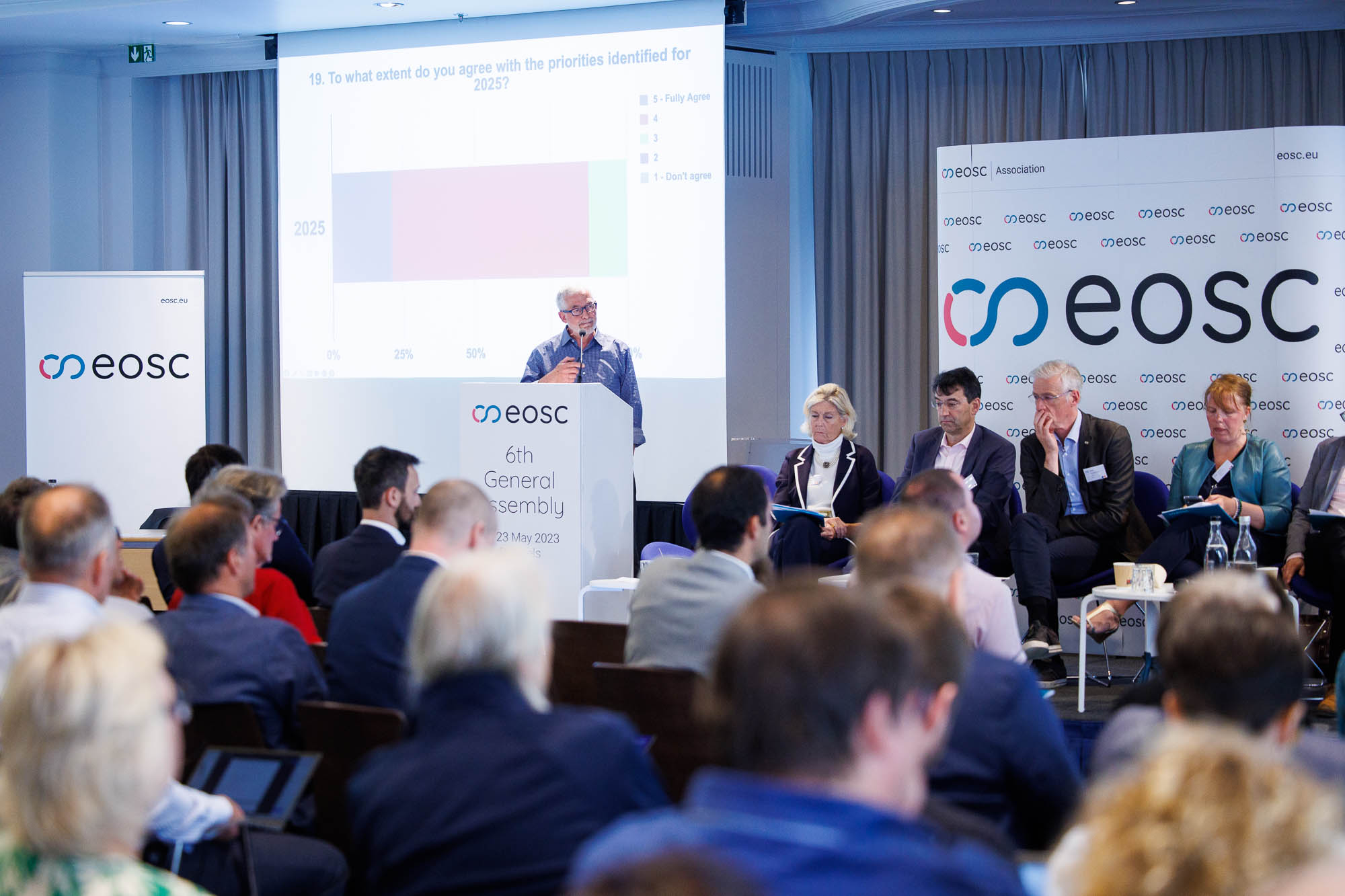
‘Pathway to the future of EOSC’
The afternoon closed with a panel discussion titled ‘Pathway to the Future of EOSC’. Karel Luyben, EOSC-A Director Sara Garavelli, and Financial Sustainability Task Force Co-Chair Dale Robertson opened the discussion with short presentations outlining their perspectives on strategic considerations for EOSC, anchoring EOSC in different countries, and addressing the financial sustainability of the initiative, respectively. The panel included Volker Beckmann (EOSC-SB, France), Paolo Budroni (ACONET, Austria), Isabel Díaz (CSIC, Spain), Dejan Dvorsek (EC, DG-RTD), Sara Garavelli (EOSC-A), Karel Luyben, Luděk Matyska (CESNET, Czech Republic), and Dale Robertson. EOSC-A Director Marialuisa Lavitrano moderated the discussion.
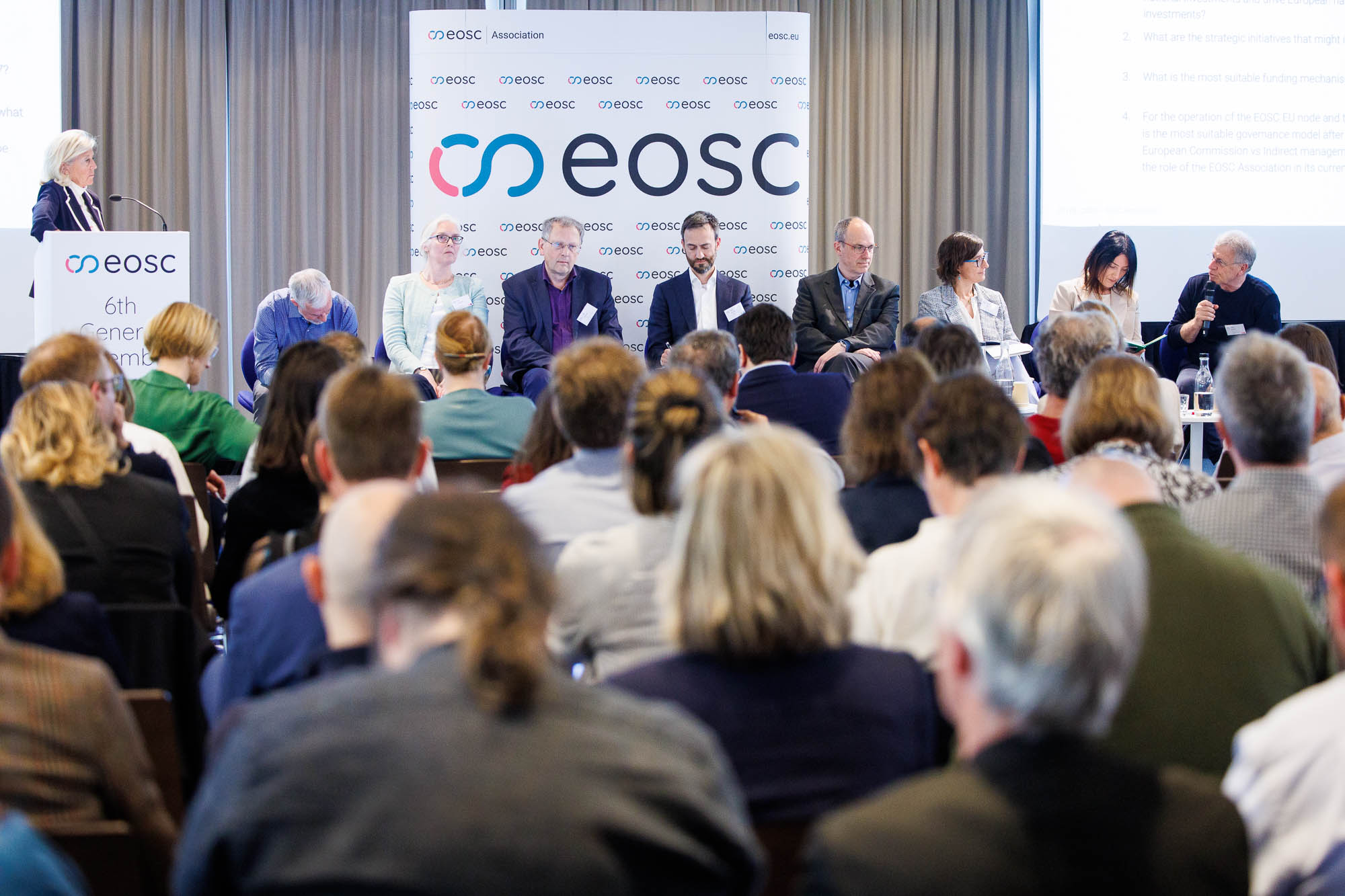
The meeting participants were then bussed to the splendid grounds of the Meise Botanic Garden (an EOSC-A Observer), where they enjoyed guided tours through the greenhouses, archives and gardens to encourage further networking and camaraderie. The day concluded with a dinner and music, providing a relaxed atmosphere for participants to unwind and continue conversations.
Table discussions
On day two of the meeting, the delegates self-assembled into convivial clusters of experts and other interested parties to contribute to over two dozen lively ‘table discussions’. The table discussions were divided into two one-hour sessions, allowing each table to take a deep dive into one of eight topics, to exchange ideas and perspectives, and to propose pathways forward. The topics included ‘EOSC vision and roles’, engagement strategies, relevant policies and strategic initiatives, and a range of topics on the path to the technical implementation and operations of a functioning EOSC.
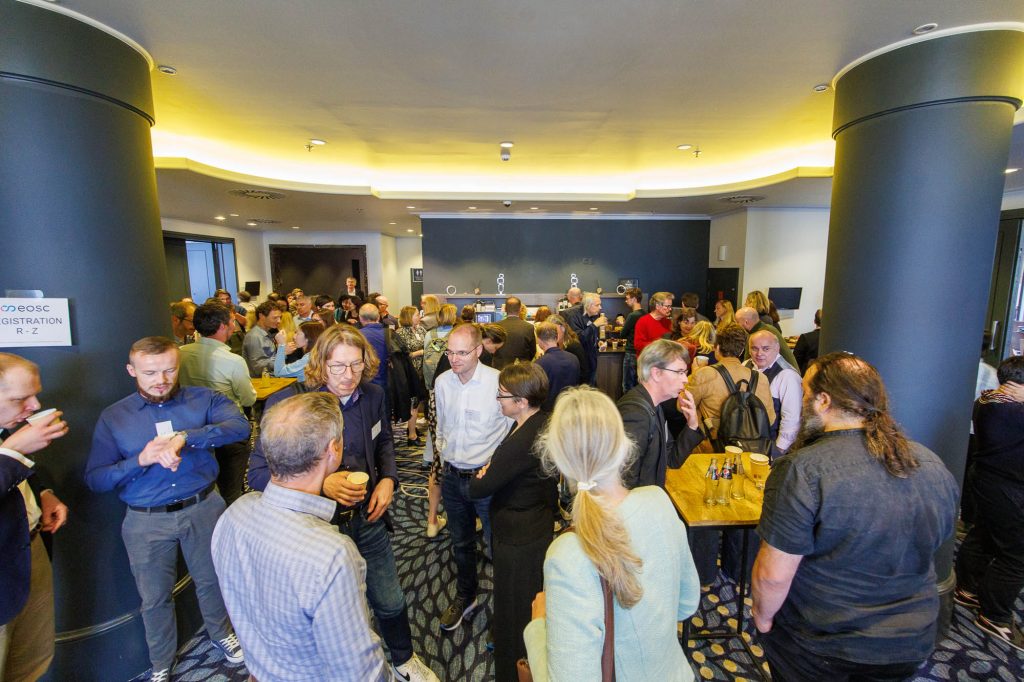
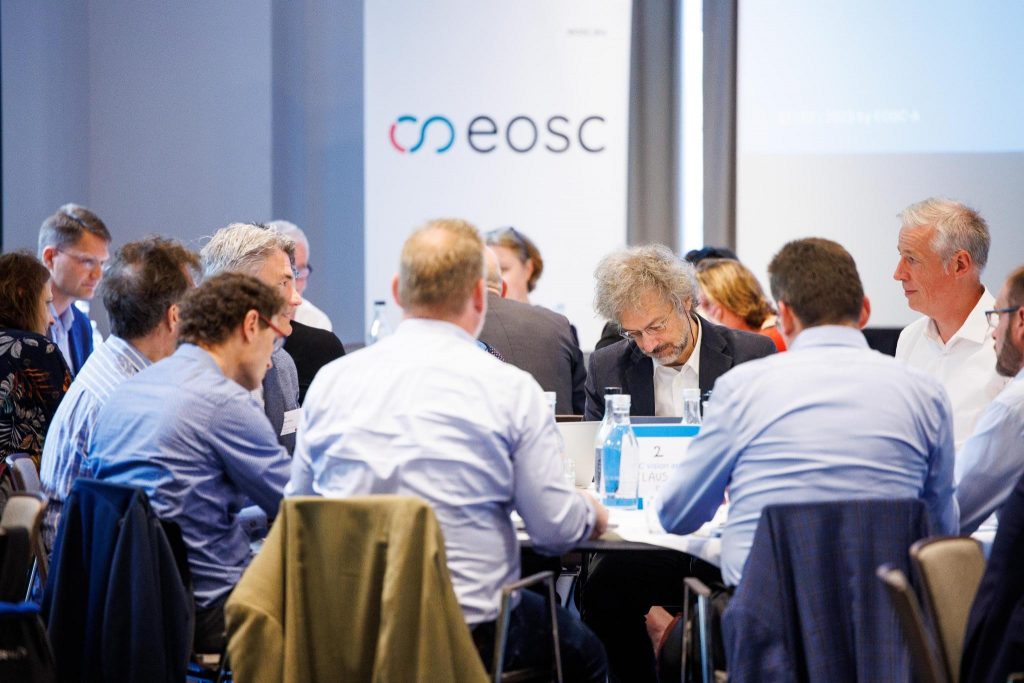
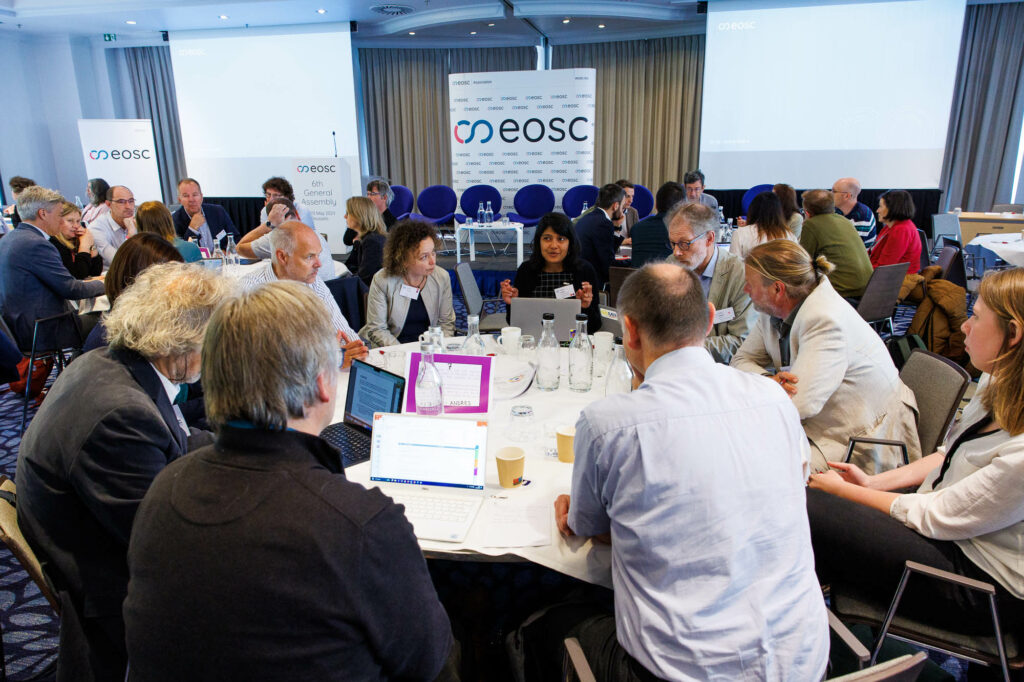
The discussions provided a platform for collaborative problem-solving, fostering an inclusive environment where diverse viewpoints were heard and valued. The summary reporting session that followed may well serve as the launching pad for the next few years of EOSC’s development and deployment. The eight rapporteurs presented an exhaustive and up-to-the-minute to-do list, as well as a serviceable reference catalogue of open issues and stumbling blocks.
Karel Luyben closed the meeting by expressing gratitude to all participants for their active engagement, valuable contributions, and commitment to shaping the future of the European Open Science Cloud, and to the EOSC Secretariat team for its splendid organisation of the event. Reflecting on the strength of the community gathered over the two days, and underscoring how such joint interactions enable the delegates “to become friends in this undertaking”, Luyben concluded that the meeting set a solid foundation for the continued development and deployment of EOSC, ensuring its role as a catalyst for Open Science in Europe and beyond.
All photos by Christophe Licoppe

